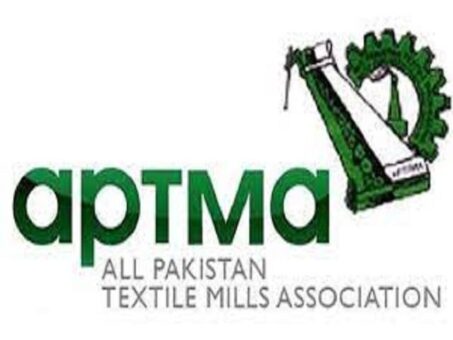Karachi, December 9, 2024 – The All Pakistan Textile Mills Association (APTMA), Southern Region, has expressed grave concerns over the widespread misuse of the Export Facilitation Scheme (EFS), which grants exemptions from sales tax and duties on imported cotton and blended yarns. This malpractice is causing severe damage to Pakistan’s textile industry, leading to significant financial losses, widespread unemployment, and closures of domestic manufacturing units.
APTMA highlighted that while the EFS was designed to support genuine exporters, unscrupulous elements are exploiting the scheme by importing duty-free yarn ostensibly for export purposes but diverting it to the domestic market. This illegal practice undermines local yarn manufacturers, forcing many to shut down operations. The cascading effects include the loss of livelihoods for hundreds of thousands of workers and a sharp decline in government revenue due to evasion of duties and taxes.
The association has repeatedly raised this issue with the government, urging an urgent review of the EFS to establish a level playing field. Despite these efforts, no tangible action has been taken, and the domestic textile industry continues to struggle. APTMA criticized the withdrawal of zero-rating on local supplies for export manufacturing under the Finance Act 2024, a move intended to increase revenue but which has instead stifled business activity and reduced tax collection.
Compounding the problem are surging energy prices and declining domestic cotton production. Local manufacturers who previously supplied inputs to exporters now face an unfair disadvantage. Exporters prefer duty-free and tax-exempt imports over locally-produced goods, which are subject to an 18% sales tax. Although this tax is refundable, delays in refunds by the Federal Board of Revenue (FBR) create a financial burden with an opportunity cost exceeding 20% annually.
The crisis has already forced the closure of over 40% of spinning mills. If the situation persists, it could cascade into other sectors, such as weaving and processing, threatening the survival of Pakistan’s entire upstream textile industry. APTMA warns that the country risks losing its integrated textile value chain, once a global competitive advantage.
To address this crisis, APTMA calls for strict enforcement against EFS misuse, penalties for violators, and a comprehensive review of EFS licenses. It urges the government to restore the scheme to its pre-Finance Act 2024 form, including zero-rating on local supplies for export manufacturing. Strengthening the domestic industry is critical for boosting exports and reducing Pakistan’s external liabilities, which exceed $100 billion over the next five years.
